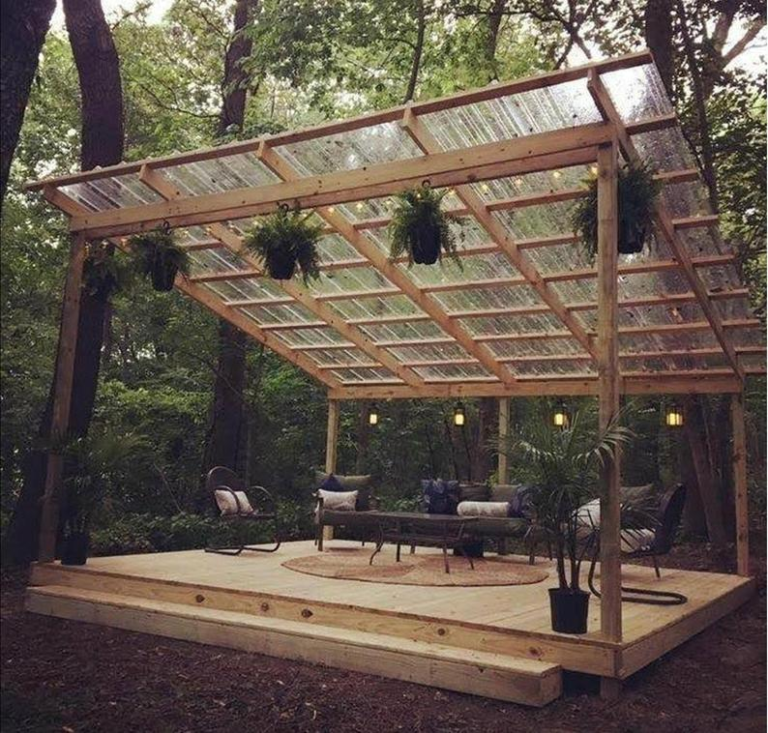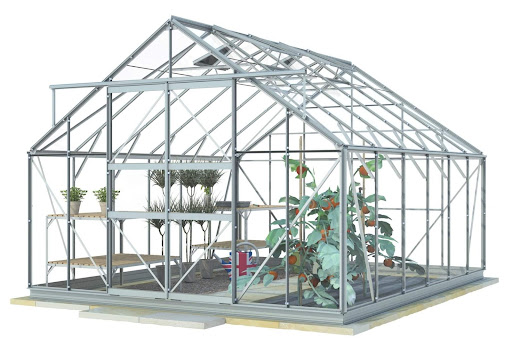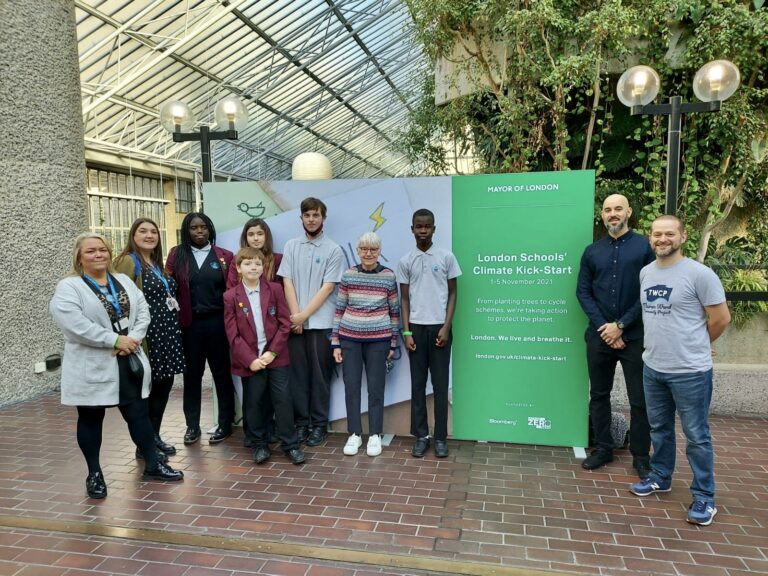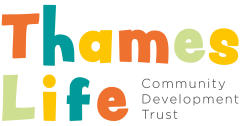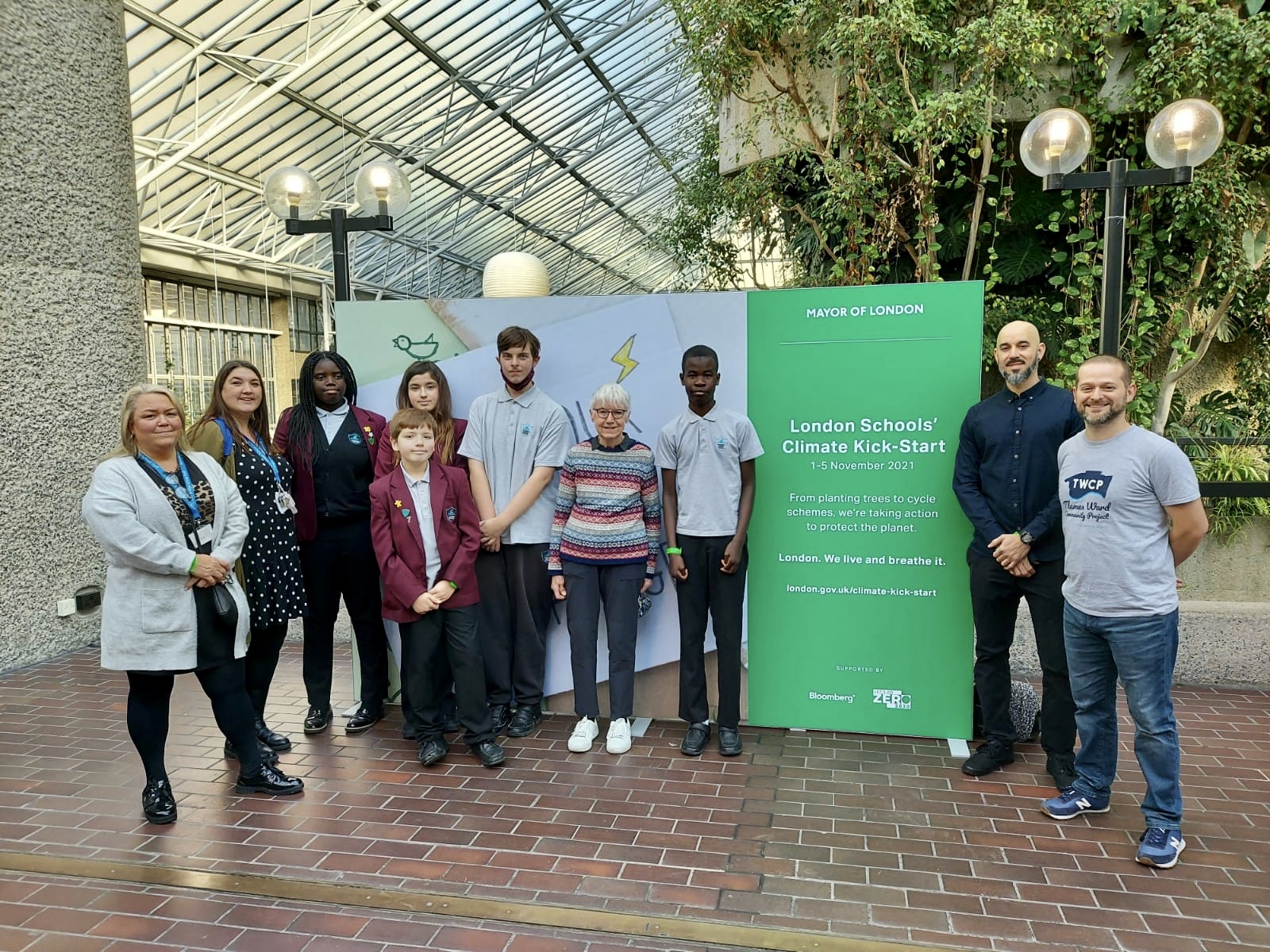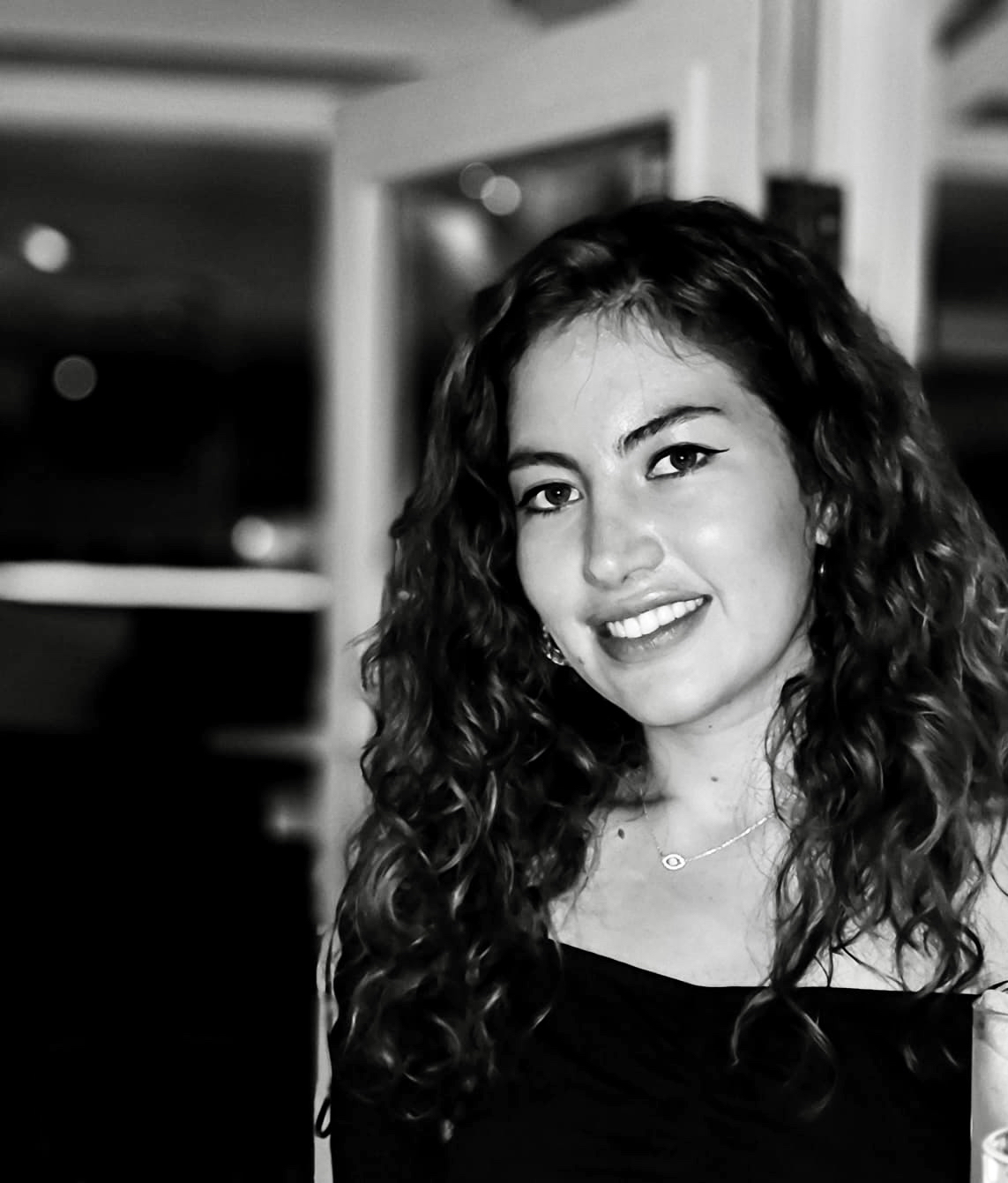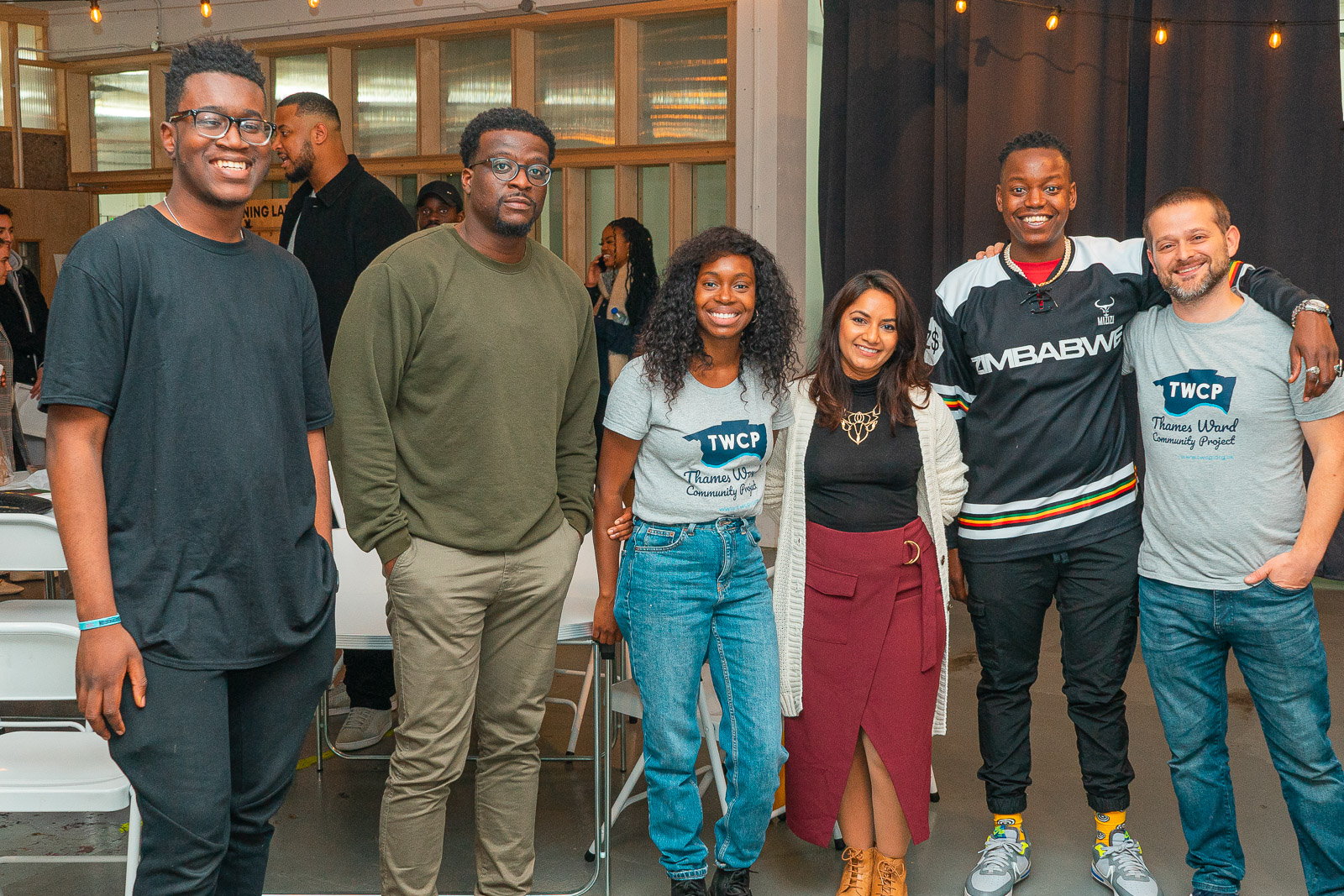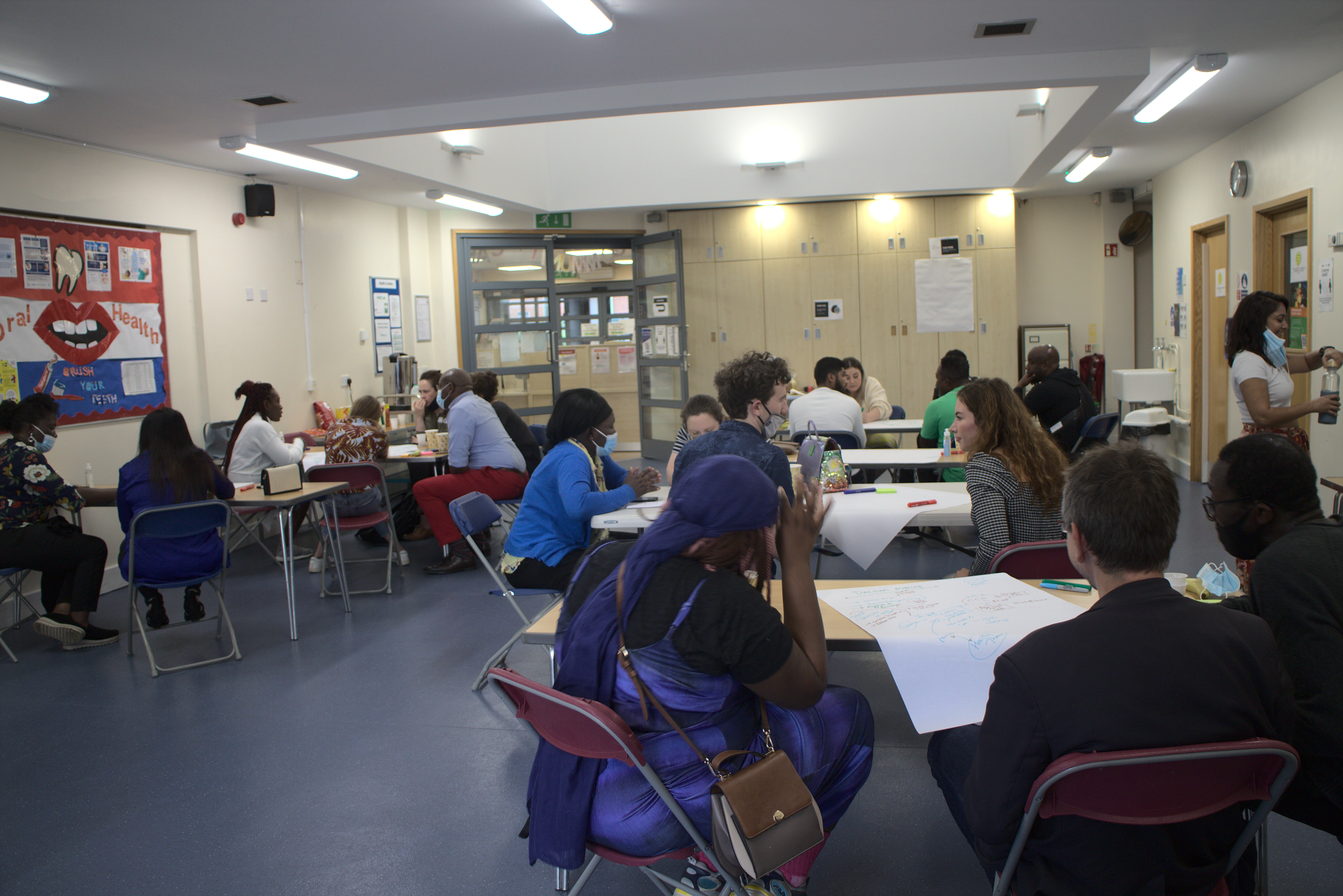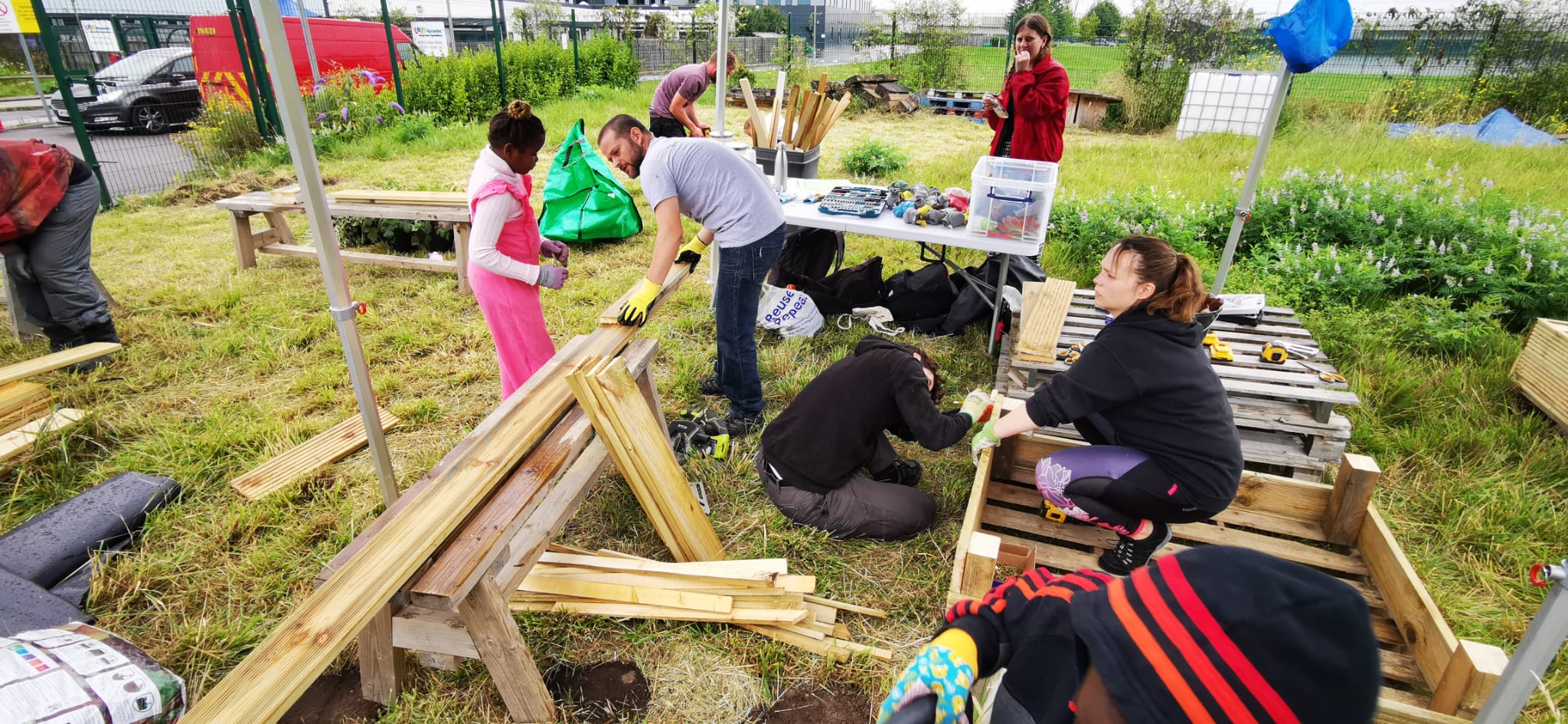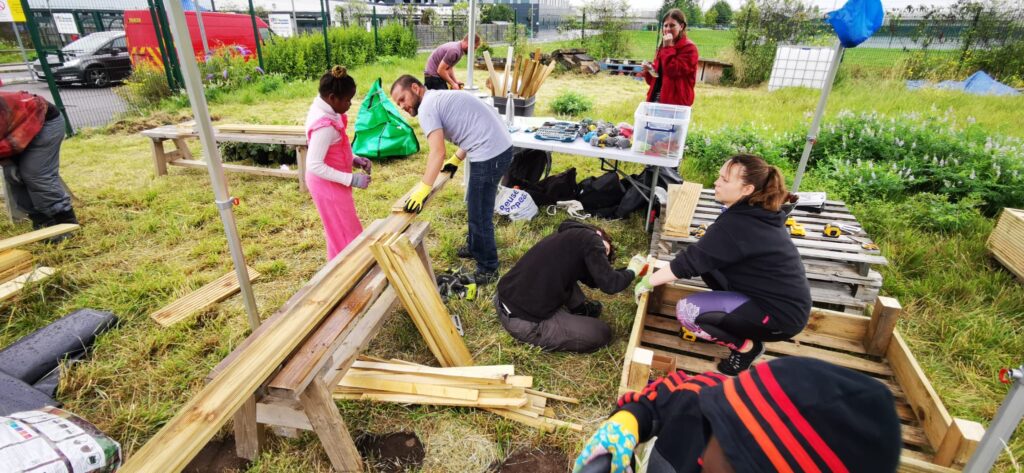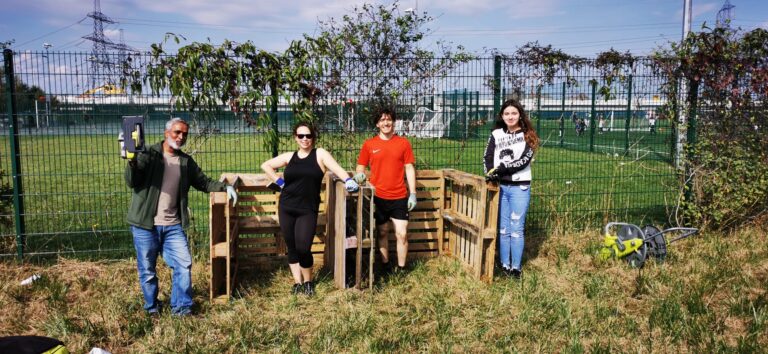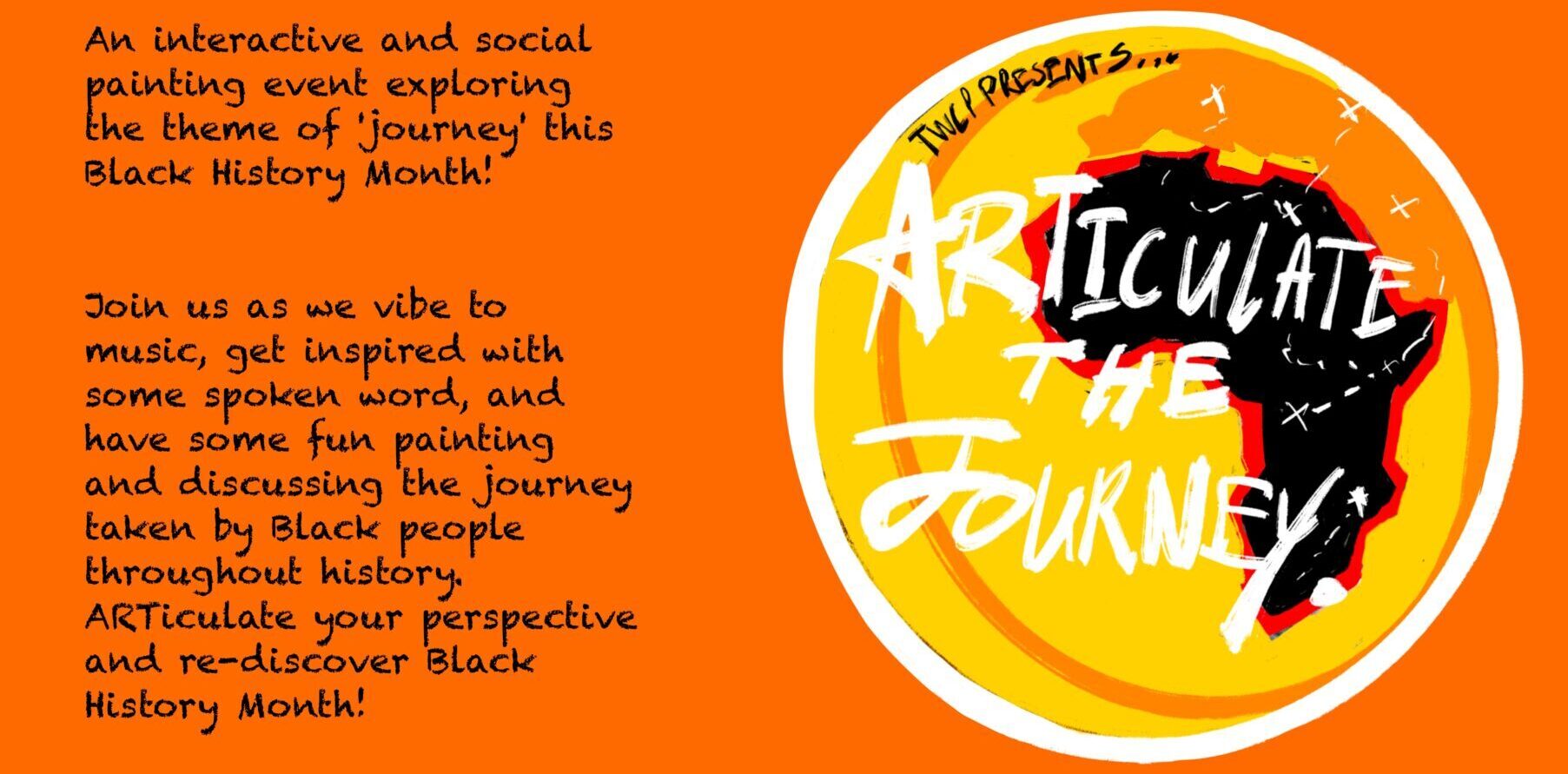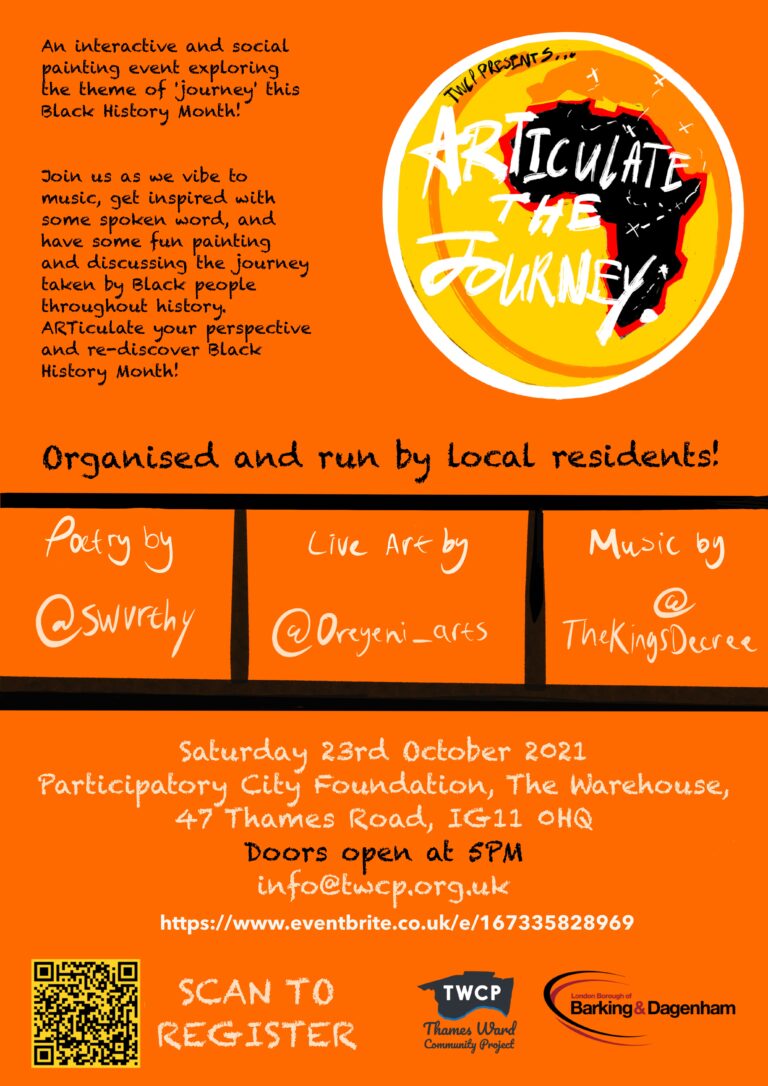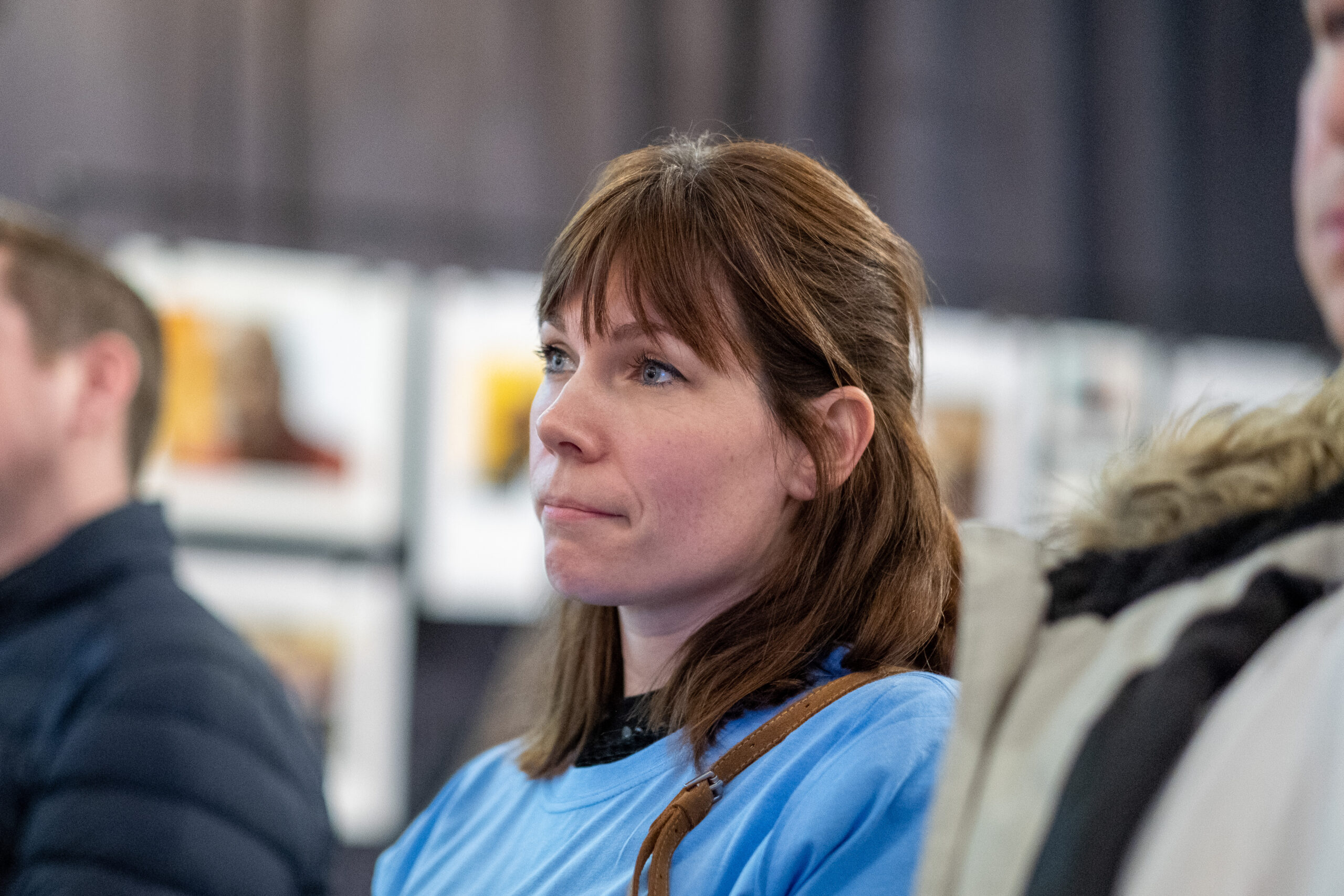I’ve been attending a forum on adult social care – one of the BD Collective’s many networks, and now TWCP has taken on a convening role, so very much involved. Adult social care covers a wide range of activities to help people who are older or living with disability or physical or mental illness live independently and stay well and safe. It takes up a massive amount of local authority budget and is often a mandatory legal requirement as opposed to more discretionary services that get cut.
My take on it, from a voluntary sector perspective is that most community groups deliver health outcomes but only a few of them get funded. That is really hard to change because statutory services are locked into top-down systems of command and control that provide bureaucratic reassurance by having a rigorous commissioning process that provides efficiency and economy, but in my view, not equity. There are just too many hoops to jump through, hoops that are barriers to access and hence inimical to sharing the wealth across the community. Like in Vegas, the house always wins. A handful of charities may get minor commissions but 99.9% of the voluntary and community sector will be excluded from the process. As it stands that remains good enough for the commissioners because, let’s face it, if you want different, you will do different. My role – encouraging others to do different.
My solution, and I’ve not been shy of offering it up, is ring-fenced funding automatically given to small groups and a social value commissioning process that rewards coalitions and consortiums.
It is often met with silence.
I’m taking it as a success indicator. As community organising training teaches: the action is always in the reaction. Change is always resisted, greeted with ridicule or disbelief, but at a certain tipping point, becomes mainstream and people wonder how it was ever not the case. The former bishop of Barking, Peter Hill always used to say, you have to ‘disrupt the present to claim the future’. Works for him so works for me.
There’s a lot of hype about systems change. Every collaborative meeting I go to seems to have consultants talking about systems change and how it will magically make everyone work in perfect partnership. Not true. Money and delivery on the ground are real – systems change is meaningless and abstract. Community groups need money not magical thinking that only eats up time and brings us no closer to accessible commissioning, to accessing money for resident-led activity. The commissioning system reduplicates inequality like a virus, to those that have, more is given. It doesn’t deliver equitable and effective change, it just moves money around the system.
I’m struck by the existence of two different worlds that live next to each other. The kindness and support that flows upwards from community action and neighbourliness. The cold dead hand of administrative power that kicks down.
In 2018, I had an experience of adult social care with Wiltshire Social Services. My sister got sectioned. The care home she lived in got taken over by a much larger firm. The staff changed overnight and my sister, who has autism, couldn’t cope with so much change and literally began to pull her hair out. The authorities’ response was to put her on heavy tranquillisers and place here in a psychiatric hospital. My parent’s efforts to work out what was happening got nowhere – they were on first name terms with social workers but none the wiser about why and when key decisions would be made. Eventually they moved my sister to a care home one hundred miles away, all the while complaining about the cost to the authority and the need to move her back at any time, to save money. The neglect is brutal and capricious. The most vulnerable can be uprooted at any time.
Looking back, it might explain why I struggle to believe in a whole systems approach. If we were to re-imagine adult social care, it should not be done by tame consultants or already commissioned charities. The system cannot and will not reform itself. It has no incentive to do so.
Instead it should follow the logic of asset based social work which has 5 steps. The first one is to ‘change the narrative’. I think that’s what I’m doing here. I’m not up for telling how the current system is wonderful. Those who currently control the story and how it is told have got to get out of the way. We need to start from a different place. In my view, this is the activity of thousands of smaller community groups and millions of volunteers and carers.
Steps 2, 3 and 4 of asset based social work is to map, connect and grow these assets. Then finally ‘learn’ from it (step 5). To repeat, several thousand never funded and never commissioned community groups and thousands more volunteers are what we should consider ‘assets’. What the asset based social work model doesn’t mention is money, which is a fatal flaw. Simply put what is needed is to put the money somewhere else. It is not enough to finally come around to seeing smaller community groups, volunteers and carers as assets – the money needs to follow value.
A lot of this reimagining is simply about doing what it says on the tin, in this case asset based social work, or by extension the LBBD corporate plan around empowerment and participation, and to mix metaphors, putting the money where the mouth is. We get bamboozled and worn down by overly elaborate professionally controlled conversations that are often the entire reason for not actually changing things. Wouldn’t take much to change that – just a bit more collective courage to move from issue to solution to action.
